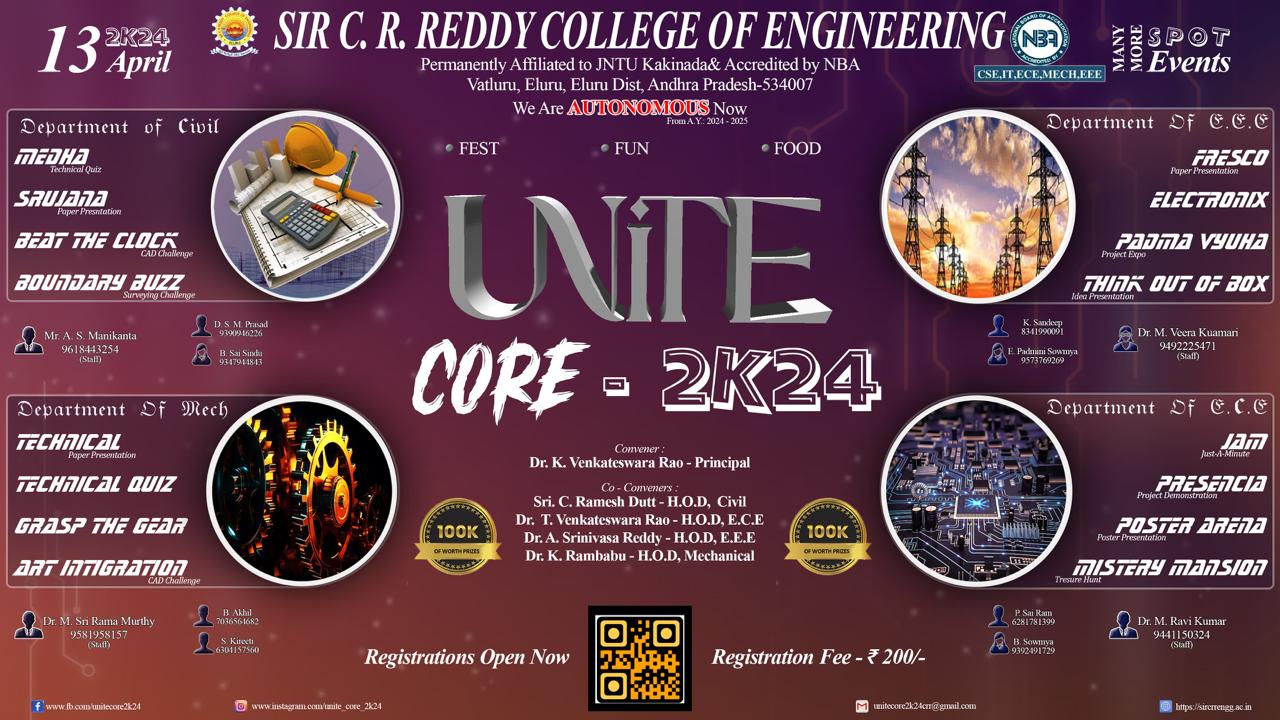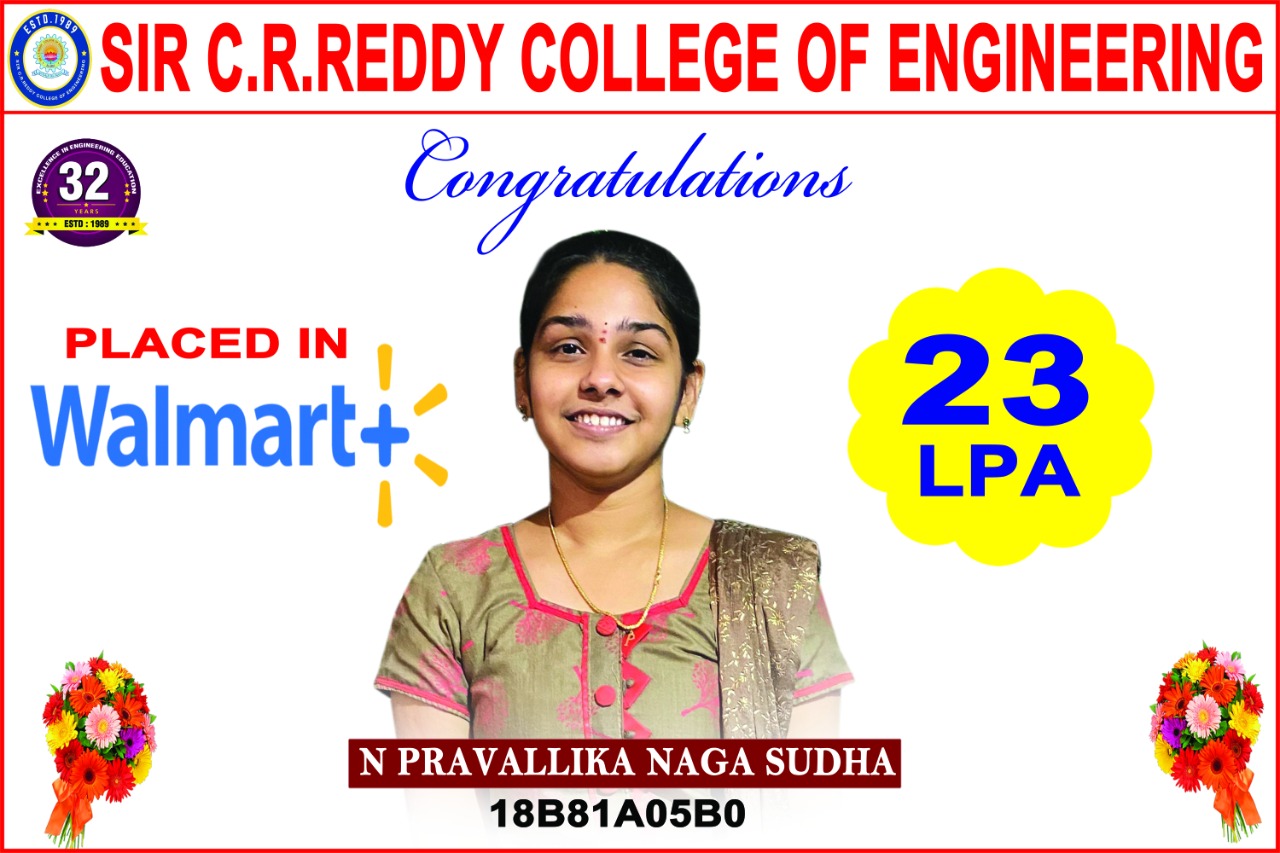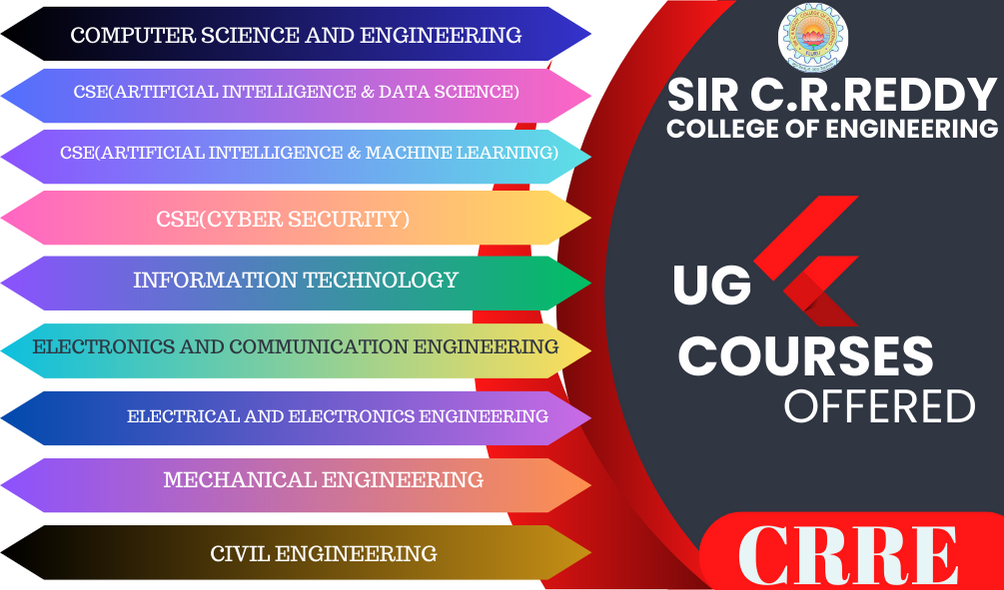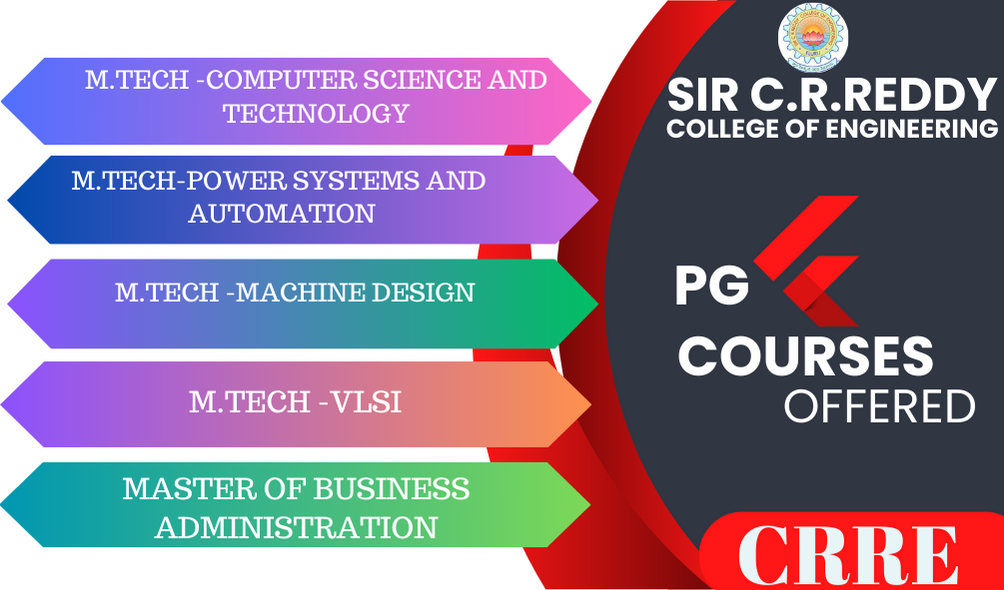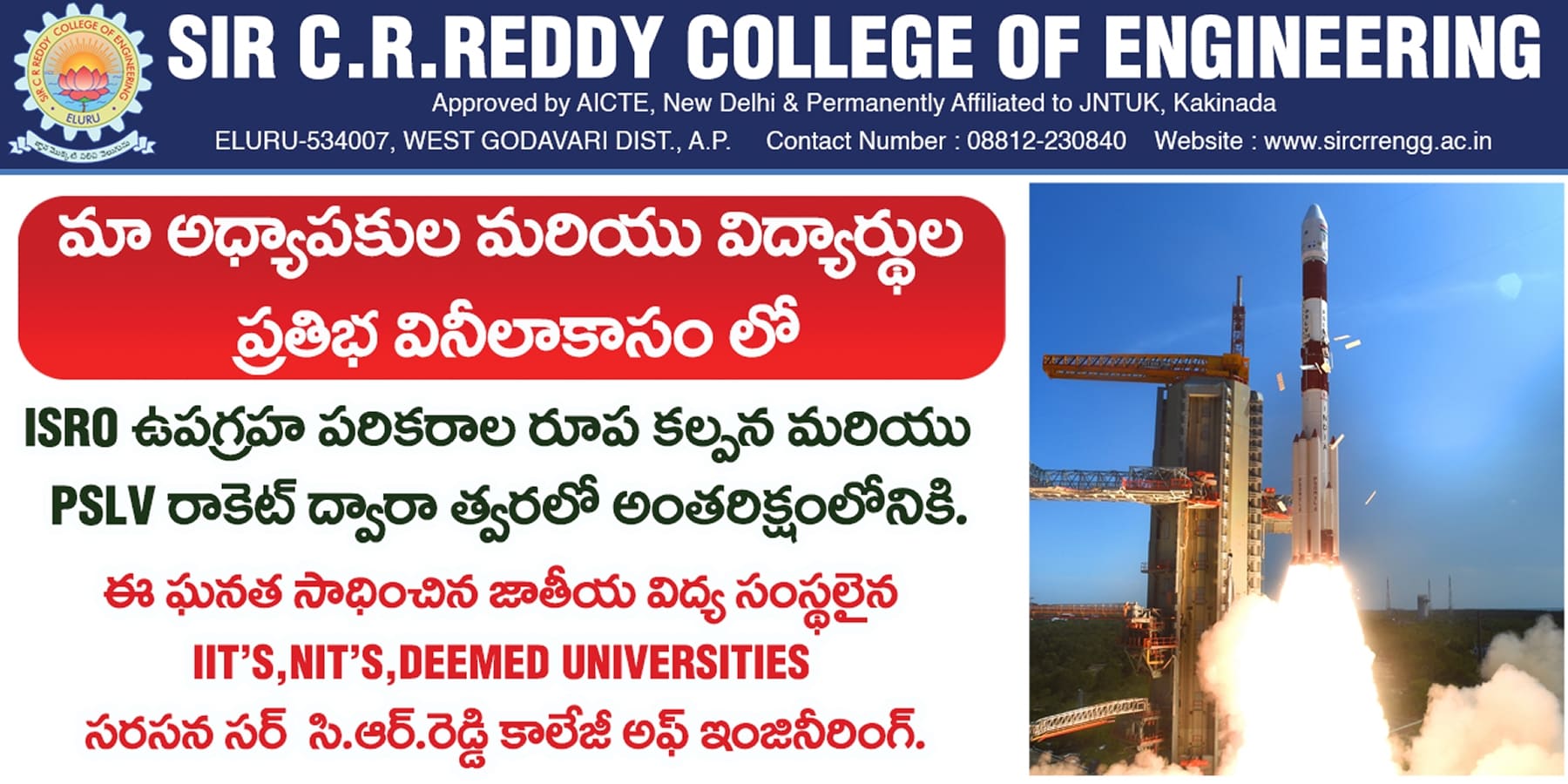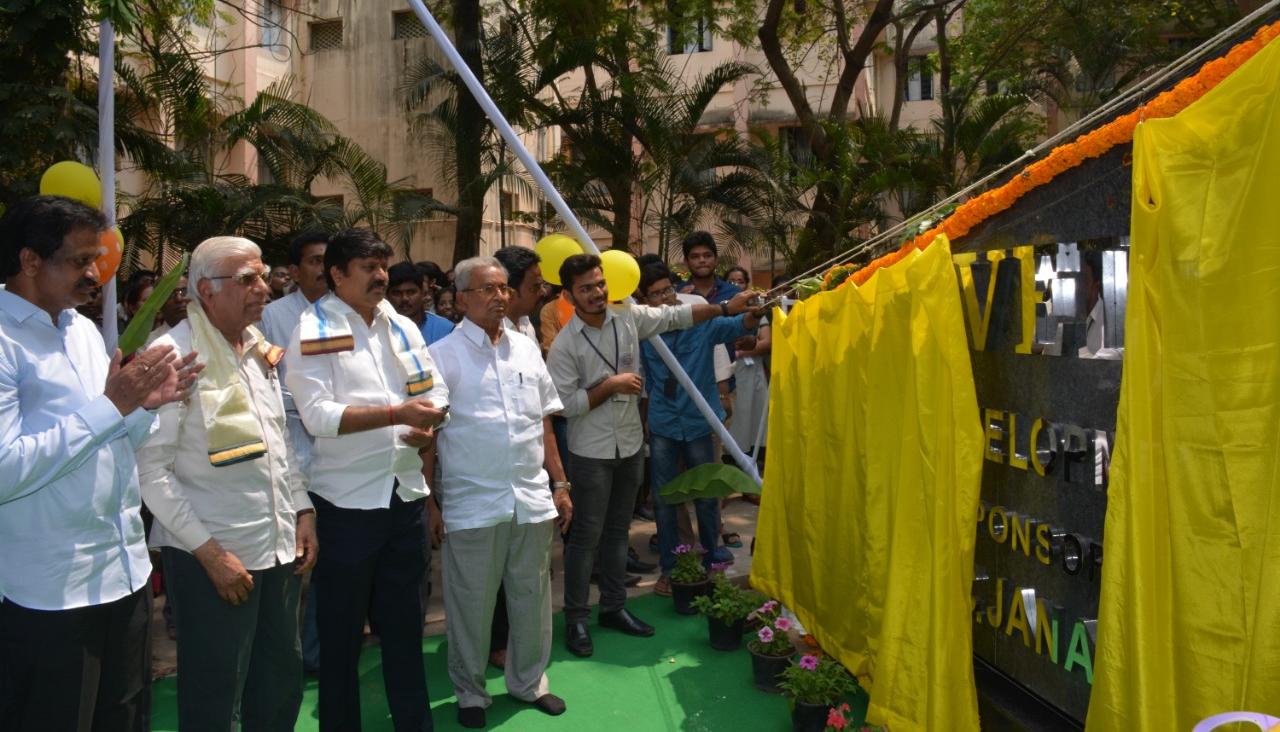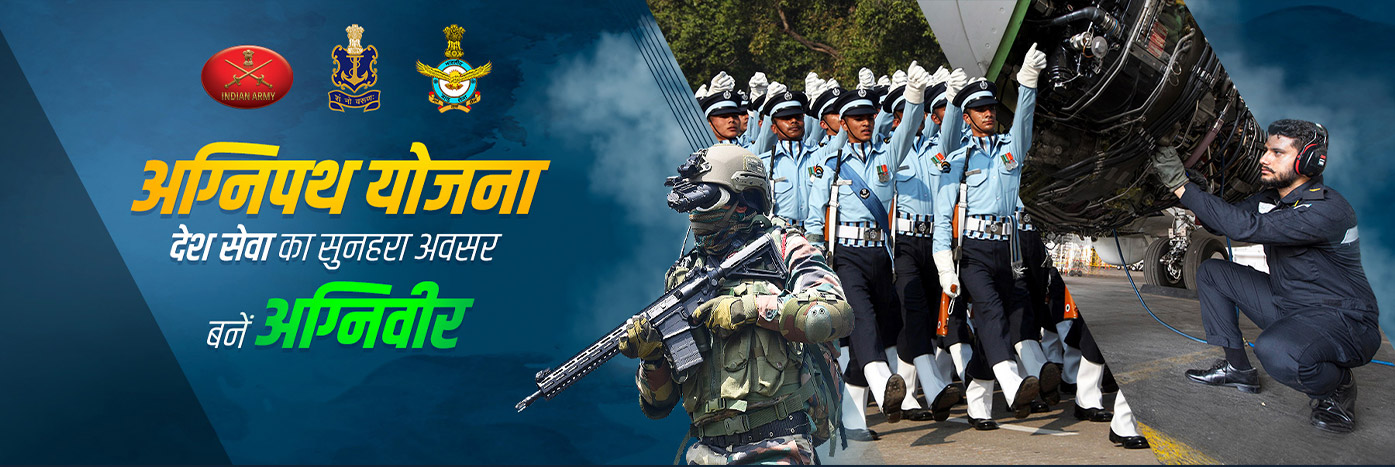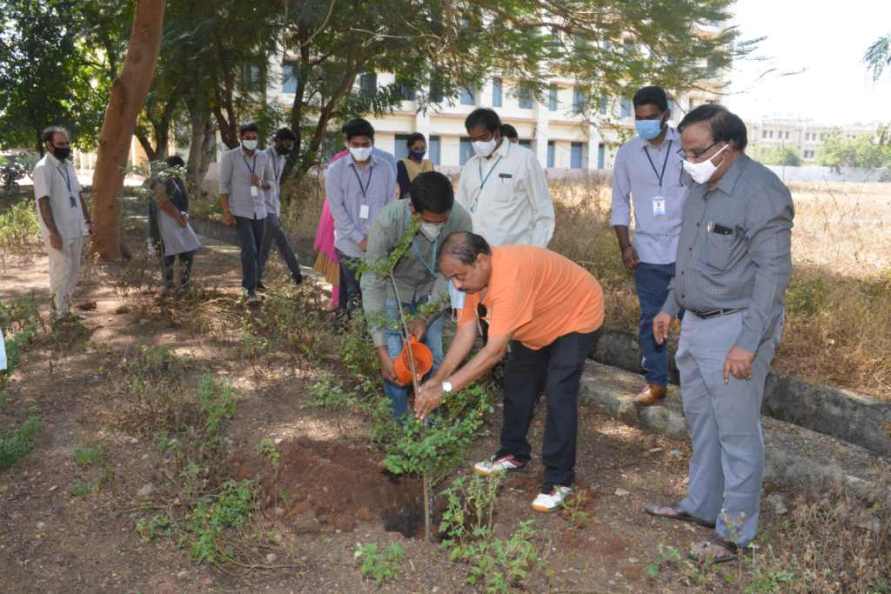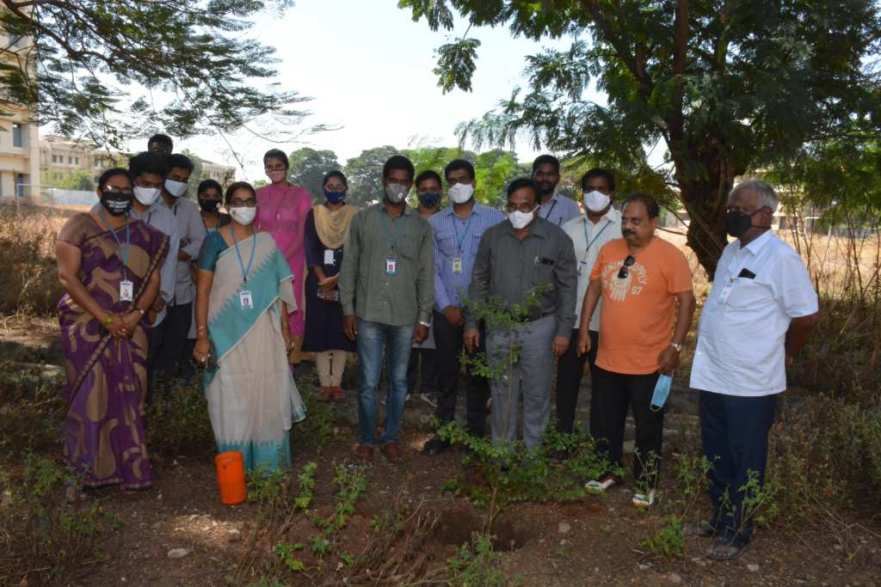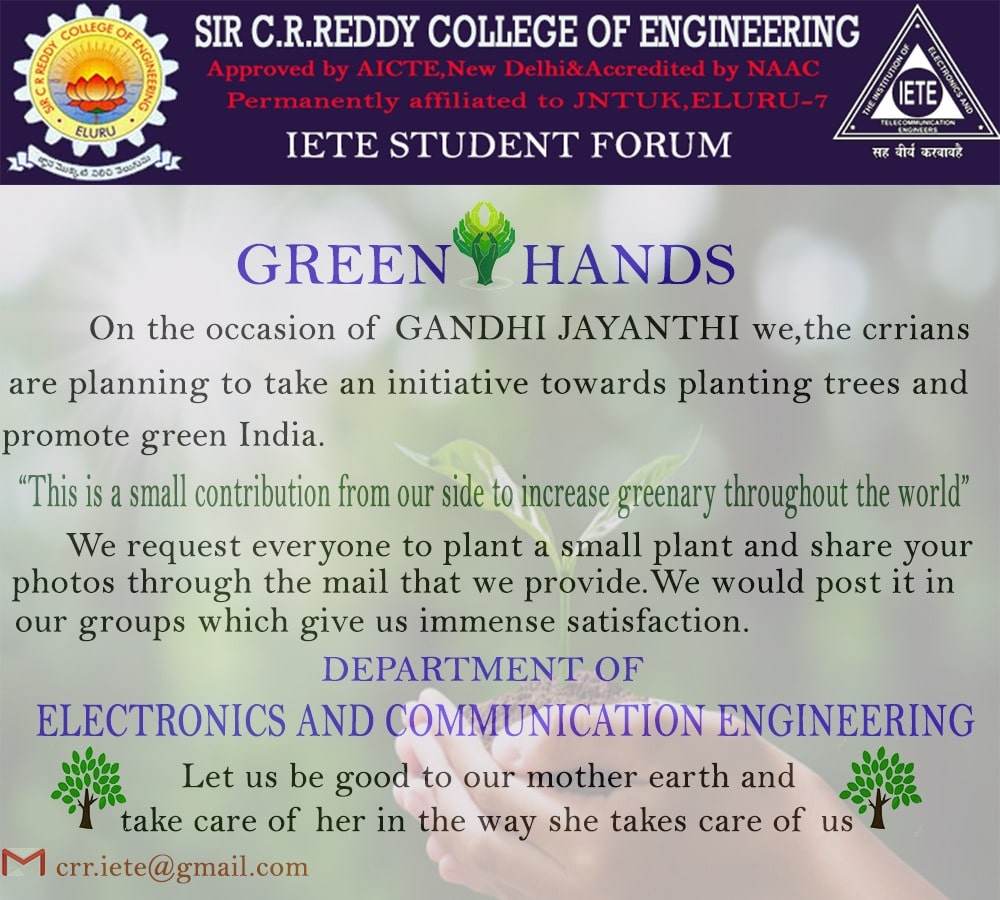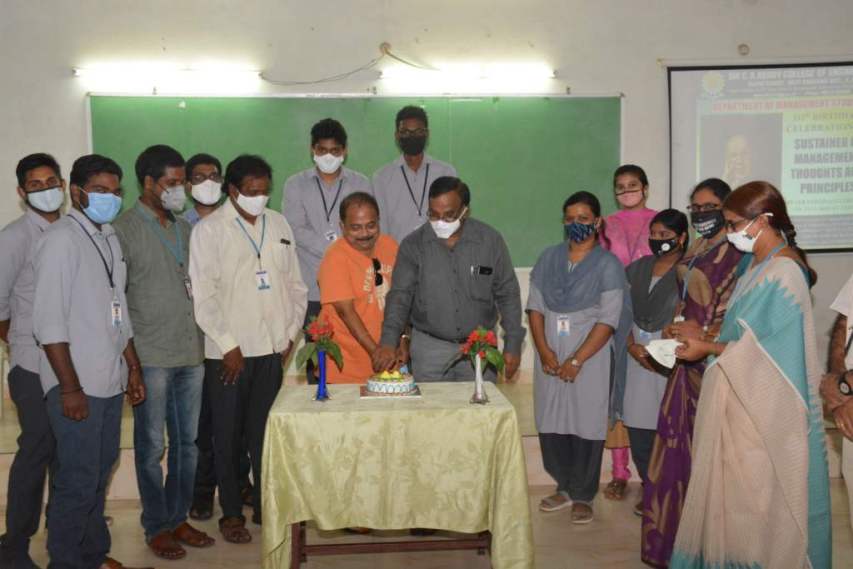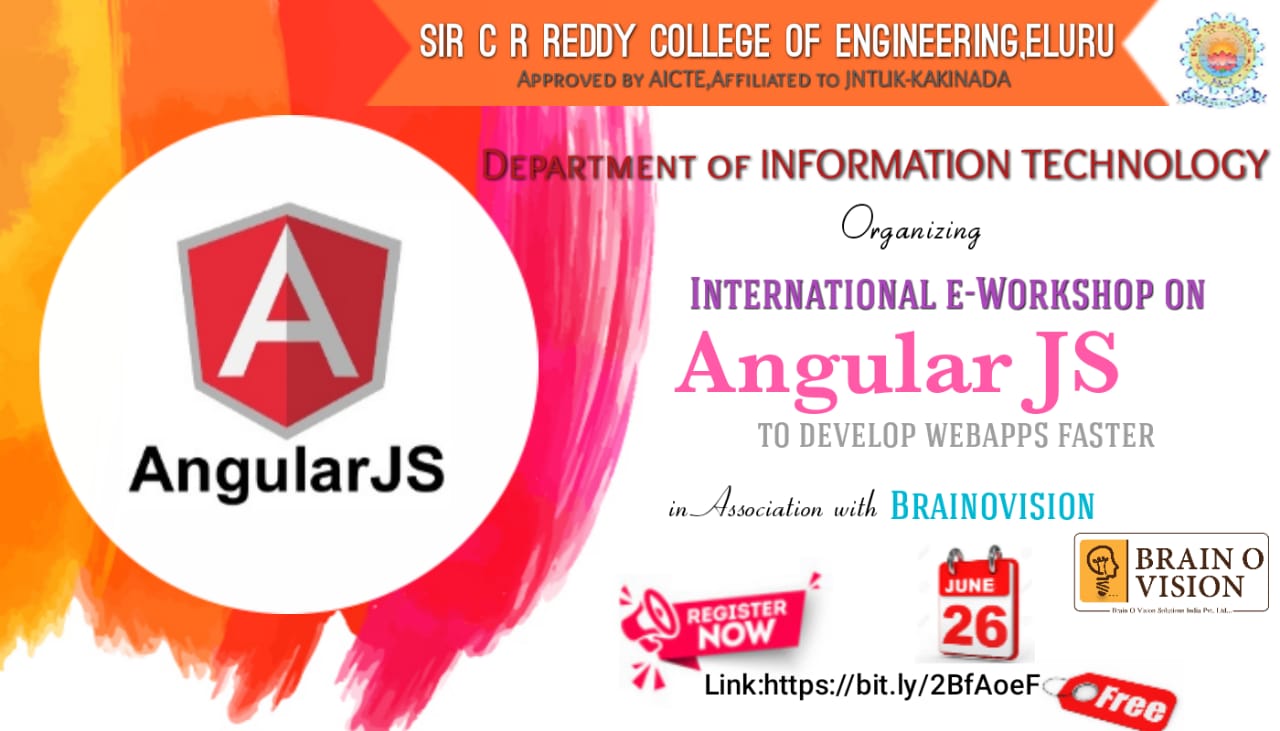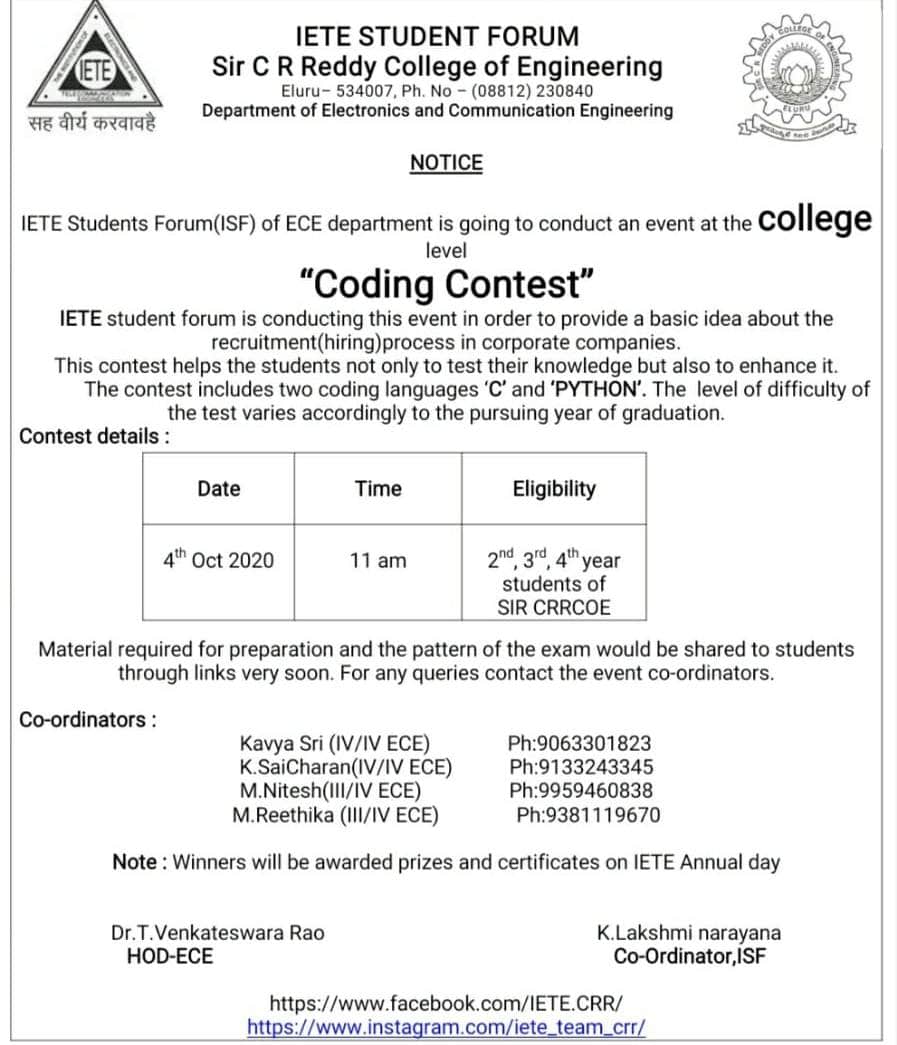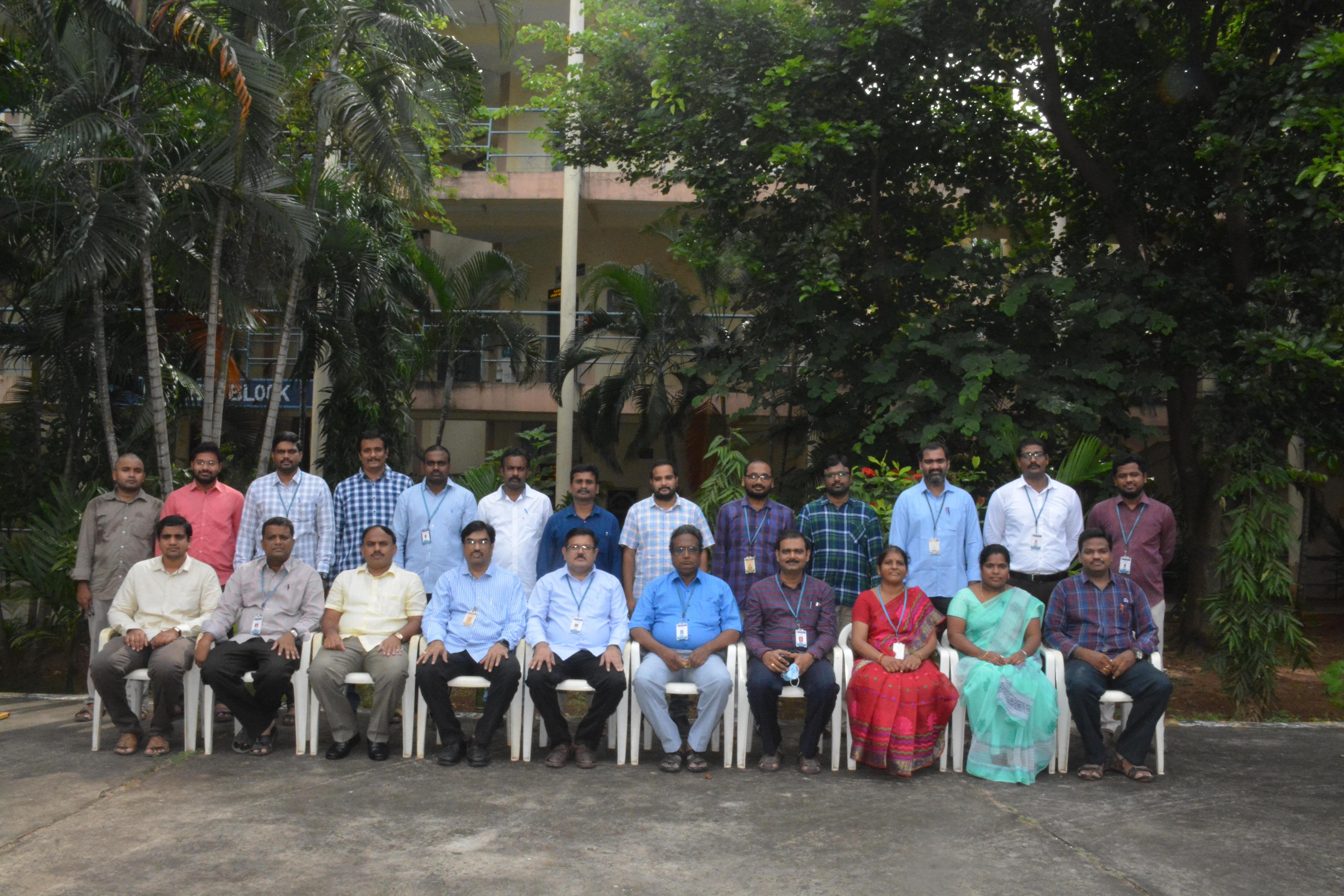PROGRAM EDUCATIONAL OBJECTIVES (PEOS)
PEO 1:
Experience success in Electrical and Electronics Engineering through analytical and professional skills acquired.
PEO 2:
Continue to pursue higher education and professional development relevant to their career growth.
PEO 3:
Exhibit leadership and initiative to work effectively as individuals and as team members in multidisciplinary areas in industries.
PEO 4:
Practice ethical responsibilities and service towards their peers, employers, society and follow these principles in their daily life.
PROGRAM OUTCOMES(POS)
Program outcomes (POS) are the skills and knowledge which the graduates have at the time of graduation:
PO 1 : ENGINEERING KNOWLEDGE:
Apply the knowledge of mathematics ,science,engineering fundamentals, and an engineering specialization to the solution of complex engineering problems.
PO 2 : PROBLEM ANALYSIS:
Identify, formulate, review research literature, and analyze complex engineering problems reaching substantiated conclusion using first principles of mathematics, natural sciences, and engineering sciences.
PO 3 : DESIGN/DEVELOPMENT OF SOLUTIONS:
Design solutions for complex engineering problems and design system components or processes that meet the specific need with with appropriate consideration for the public health and safety, and the cultural, societal, and environmental considerations.
PO 4 : CONDUCT INVESTIGATIONS OF COMPLEX PROBLEMS:
Use research-based knowledge and research methods including design of experiments, analysis and interpretation of data, and synthesis of the information to provide valid conclusions.
PO 5 : MODERN TOOL USAGE:
Create, select and apply appropriate techniques, resources, and modern engineering and IT tools including prediction and modeling to complex engineering activities with an understanding of the limitations.
PO 6 : THE ENGINEER AND SOCIETY:
Apply reasoning informed by the contextual knowledge to assess societal, health, safety, legal and cultural issues and the consequent responsibilities relevant to the professional engineering practice.
PO 7 : ENVIRONMENT AND SUSTAINABILITY:
Understand the impact of the professional engineering solutions in societal and environmental contexts, and demonstrate the knowledge of, and need for sustainable development.
PO 8 : ETHICS:
Apply ethical principles and commit to professional ethics and responsibilities and norms of the engineering practice.
PO 9 : INDIVIDUAL AND TEAM WORK:
Function effectively as an individual, and as a member or leader in diverse teams, and in multidisciplinary settings.
PO 10 : COMMUNICATION:
Communicate effectively on complex engineering activities with the engineering community and with society at large, such as, being able to comprehend and write effective reports and design documentation, make effective presentation, and give and receive clear instructions.
PO 11 : PROJECT MANAGEMENT AND FINANCE:
Demonstrate knowledge and understanding of the engineering and management principles and apply these to one's own work, as a member and leader in team, to manage projects and in multidisciplinary environment.
PO 12 : LIFE-LONG LEARNING:
Recognize the need for, and have the preparation and ability to engage in independent and life-long learning in the broad context of technological change.
PROGRAM SPECIFIC OUTCOMES(PSOS)
PSO 1 : Blend to the Industrial Needs:
Demonstrate knowledge and skills required to design and implement Electrical systems in modern Electrical and Electronic industry environment.
PSO 2 : IOT and Robotics:
Synthesize and realize the electrical applications using micro controllers and IOT.



